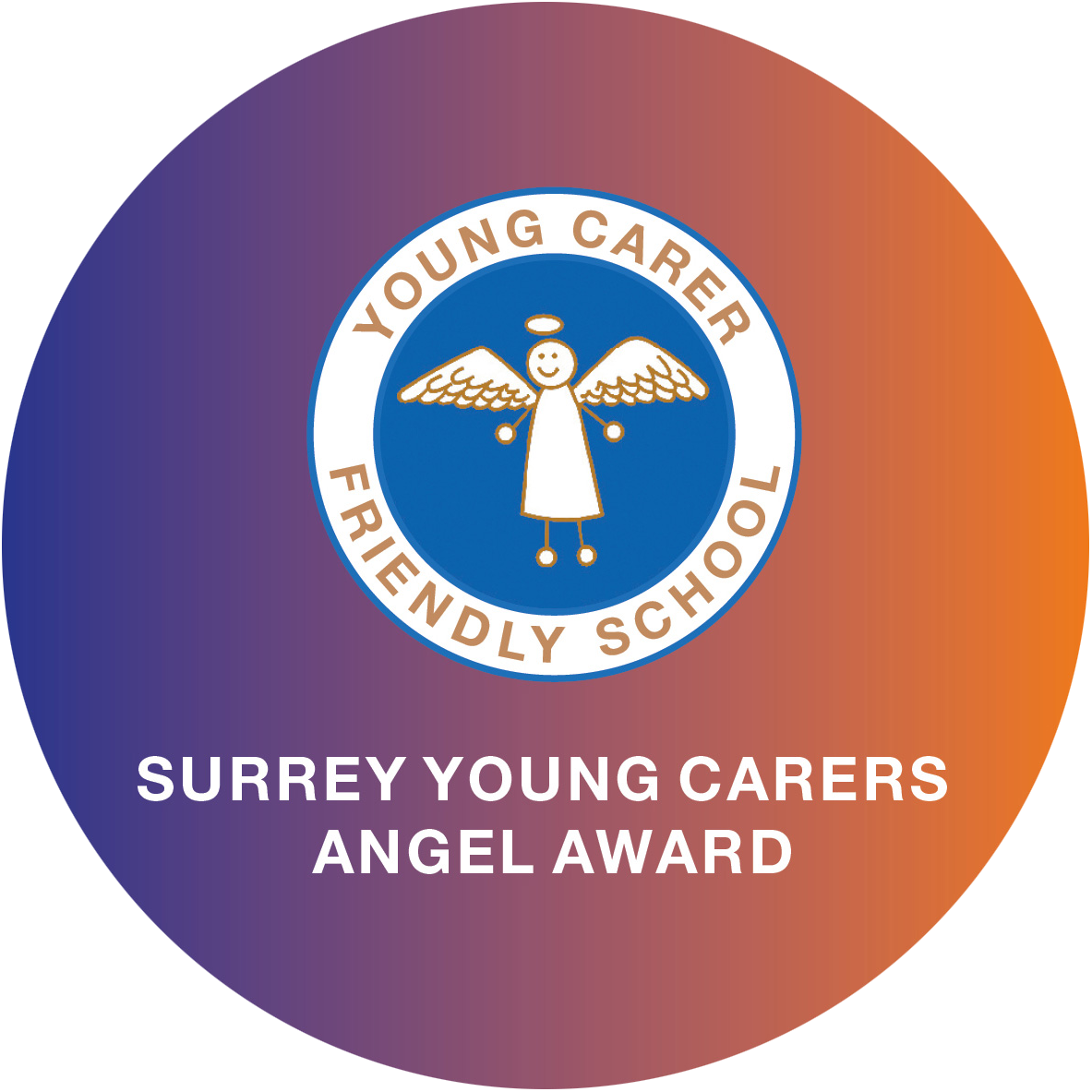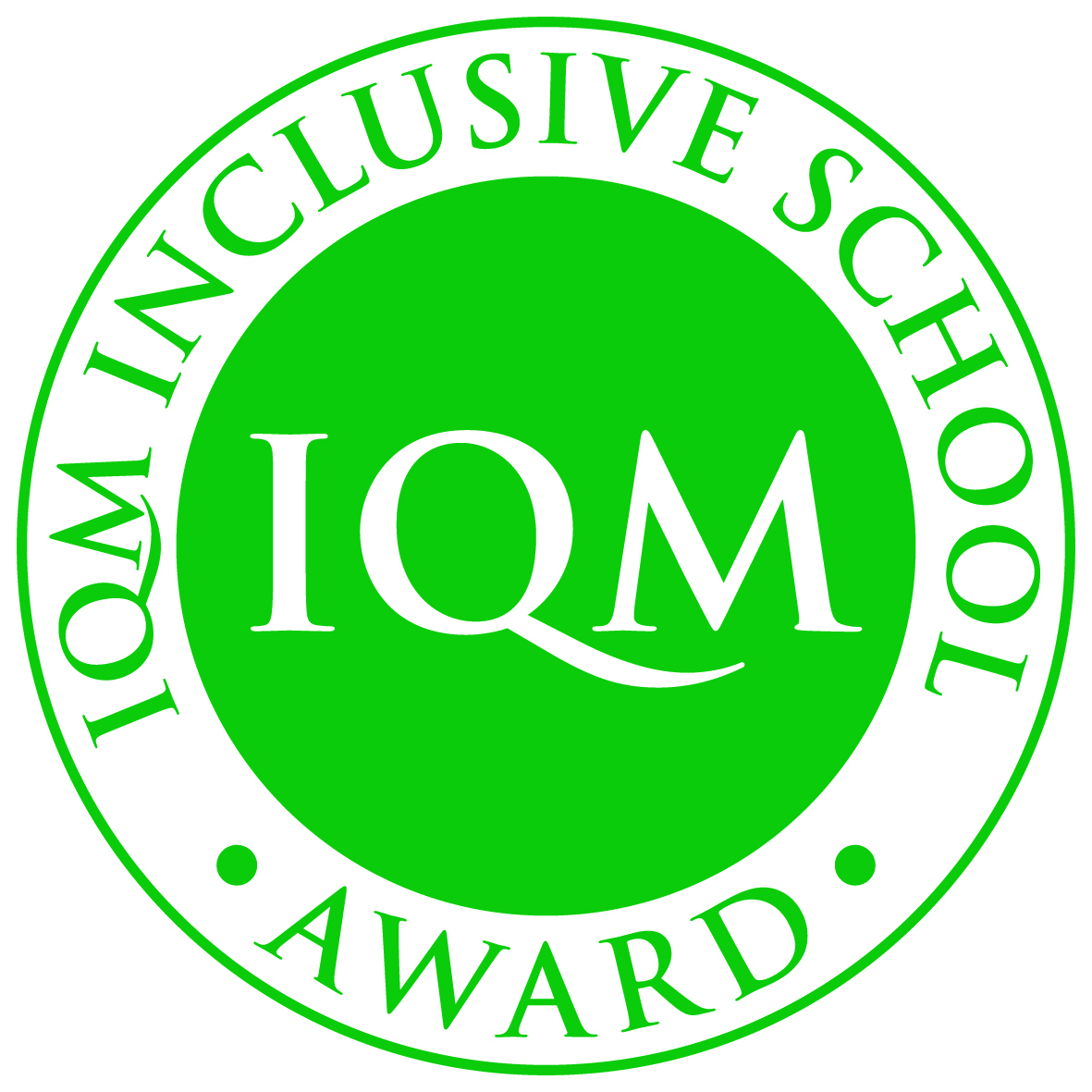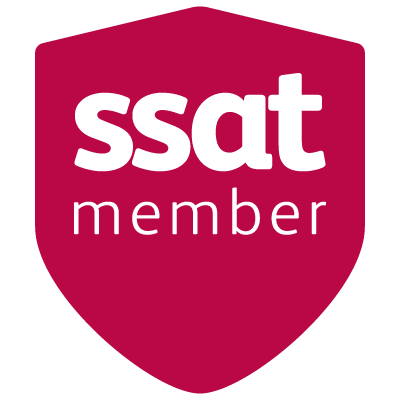Science
‘The whole of science is nothing more than the refinement of everyday thinking.’
Albert Einstein
It is our aim at St Mary’s for all children to see themselves as scientists. We believe it is vital for children to understand the world in which they live and develop a curiosity to explore and discover. We hope that through a high-quality science education, children will develop an understanding of their responsibilities as young people growing up in an ever-changing world.
Our science curriculum is underpinned by and taught with our school values of hope, respect, community and wisdom at its heart.
Hope
To develop knowledge and understanding of the ways in which scientific discoveries and knowledge is leading to beneficial changes, for humanity, the environment and sustainability, both now and in the future.
To develop aspirations that a career in STEM is possible for everyone.
To develop a hope that we can all make a difference.
Wisdom
To learn through wonder and intrigue.
To develop knowledge and understanding of the world around us.
To understand how to research and investigate through a range of scientific enquiry.
Community
To develop an understanding of how our local, national and international communities benefit from, and develop and grow through
scientific discoveries.
To help our school and local area through scientific activities (for example, The Wood White Butterfly Project, Terra Cycle scheme etc).
Respect
To demonstrate compassion and respect for each other and the world in which we live.
To develop an understanding of the importance of diversity within science and a respect for all who are contributing to this area.



